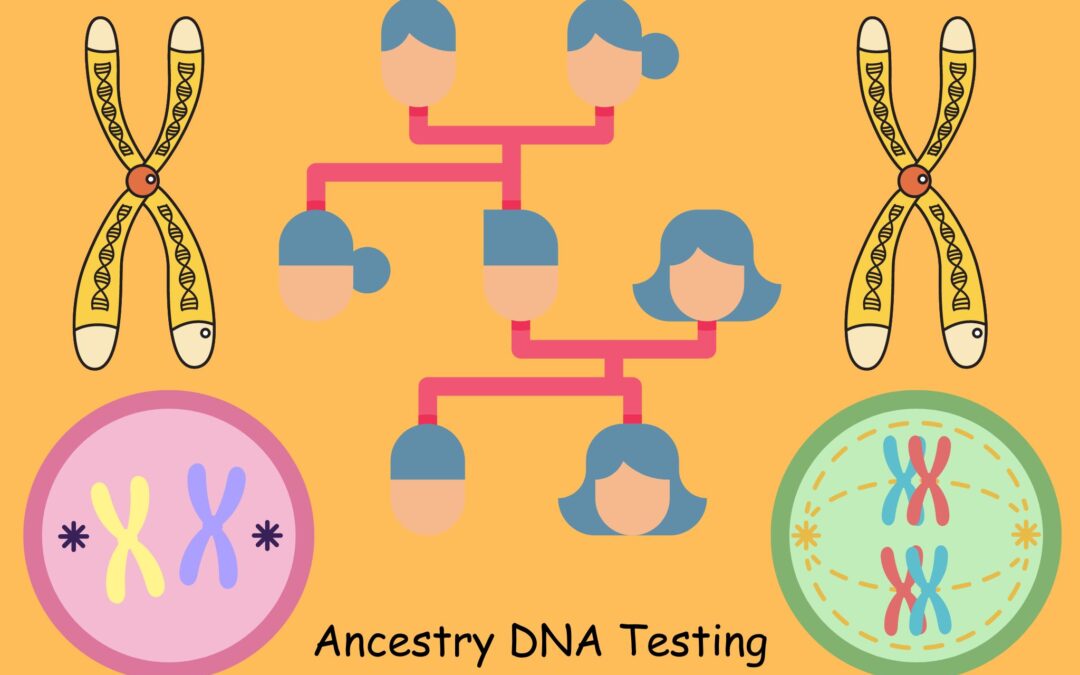How Ancestry DNA Testing Works?
Ancestry DNA tests provide you with insights into your family background. The tests look at Individual’s backgrounds and which parts of the world your family comes from. There is more and more scientific analysis of data that links your background to the roots of your ancestry by using your DNA profile. Your DNA markers create the connection with you and your family genes giving you a view into your connections. This is done with an international comparative analysis.
Your origins (allele) will be reviewed across 525 populations with more than 190,000 people from all over the world. The scientific algorithms will compare the DNA markers with a matching process and provide you with DNA matches across the world.
This process will help you discover your origins and find relatives you may not have seen or known about.
What are the types of Ancestry DNA tests?
There are several ways to conduct an ancestry DNA test.
Mitochondrial DNA Testing.
Mitochondrial DNA (mtDNA) provides a great way to analyze DNA for forensic and other genetic DNA requirements. It is ranked superior to the standard Nuclear DNA (nDAN) especially when there is insufficient DNA to evaluate relationships. The process uses the female (maternal) DNA as the mtDNA is inherited through the maternal lineage and helps in disease diagnosis and is well accepted in court cases and forensic cases.
Y-Chromosome Testing.
- Y-chromosome markers are used significantly when you need to trace a male lineage. It helps determine for example the relationship between two males who could be father and son if the 2 people are strangers to each other.
- Y-chromosome DNA testing is used significantly in ancestry DNA testing for the geographic location of ancestry across the globe or in criminal case requirements such as sexual assault, missing persons and complex kinship relationships. Using this form of DNA testing is common when only male individuals are available for the DNA test.
Single nucleotide polymorphism (SNP) DNA testing.
- SNP DNA testing measures the relationship between two people. The number of SNP markers will determine how closely individuals are related to each other. This is a common DNA test used in disease determination and management of potential diseases passed between parent and child (parental DNA testing).
- SNP DNA testing can be used in ancestral testing, ethnic backgrounds and paternity testing, and maternity DNA testing.
Accuracy of DNA Testing and Opportunities to Improve Outcomes
It is critical in DNA testing to obtain an ample sample to get accurate results in ancestry, ethnic or other family relationships.
DNA ancestry accuracy is also determined by the degree of intermixture in your lineage. If you come from a heterogeneous background, you may find it more challenging to trace your roots. But if the testing companies have bulk DNA data from these lineages, you may get more accurate results.
Samples of DNA collected must be handled with care and caution to avoid contamination. Contamination can occur from food particles left in the mouth and the method the sample is handled by a tester.
DNA testing must include appropriate sample sizes for example ancestry testing. Different companies may use different sample sizes giving you different results which makes tracing of ancestry challenging. SmarTest Labs is attentive to this challenge and works to provide you the best results.
It is important to have a qualified tester to handle the collection of the sample. At SmarTest Labs, we follow a strict chain of custody and operational processes to assure you that the sample is collected appropriately. It matters as it provides you with critical family relationship issues or in a court of law it is important for accuracy in judgement.
Visit SmarTest Labs based in Maryland for your DNA ancestry testing Services. We are based in a convenient location in Maryland with ready access to all Metro services.

Recent Comments